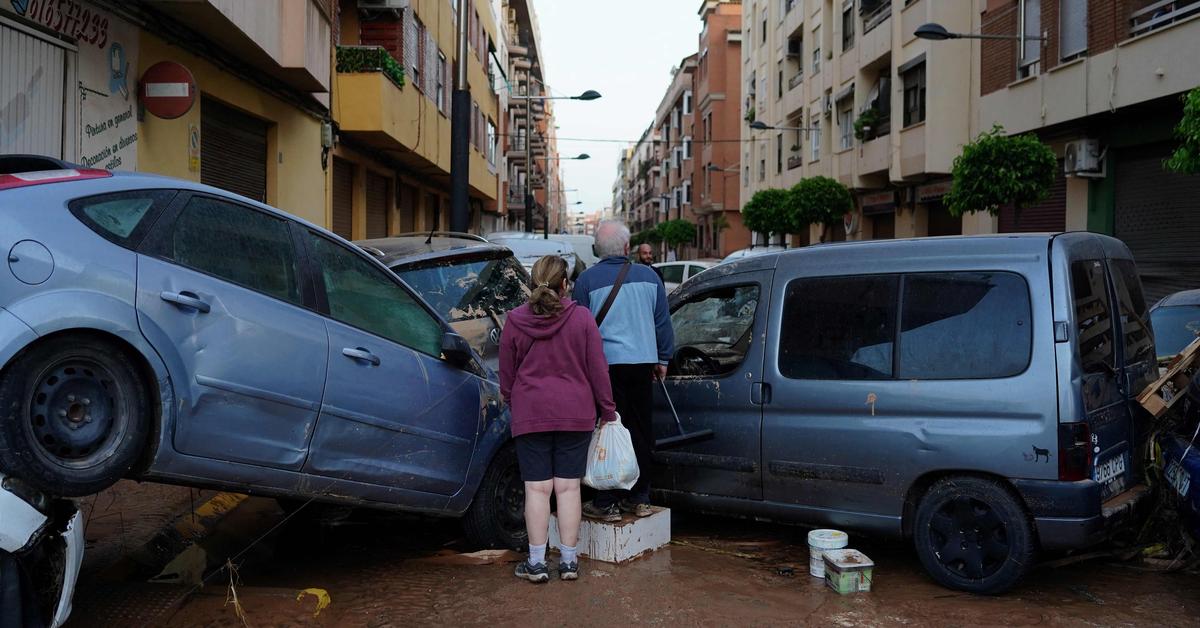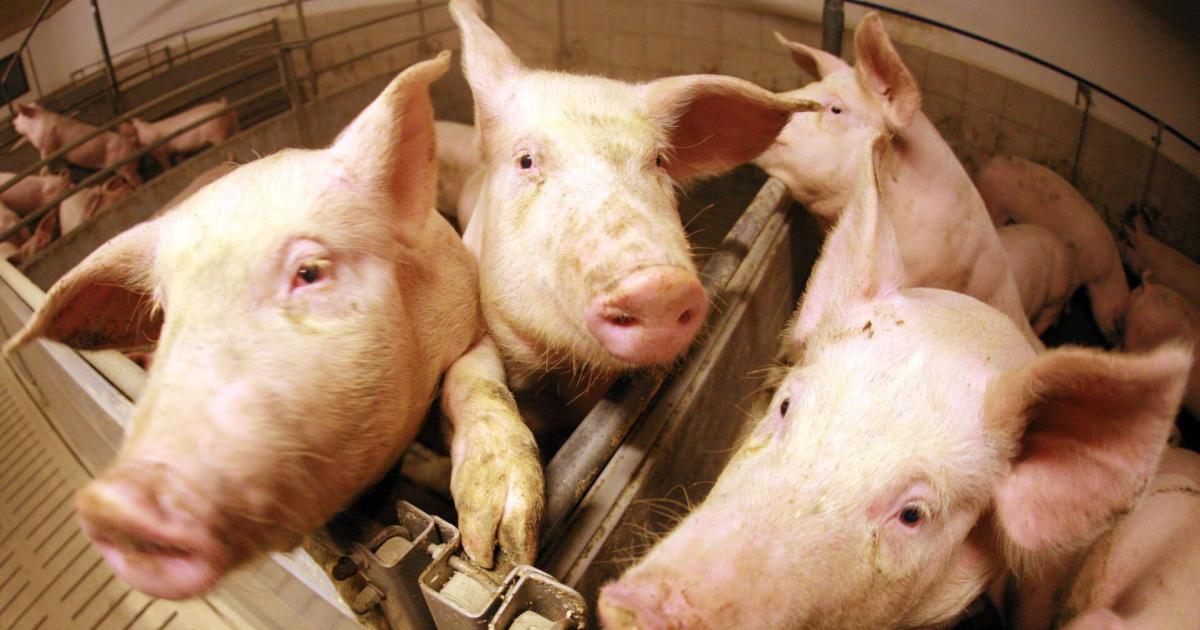Scientists say global warming is making destructive hurricanes more frequent. Warm seawater is especially dangerous.
In early October 2024, three hurricanes hit the North Atlantic simultaneously Photo: NASA Earth/ZUMA Press Wire/dpa
Berlin taz | Never before had this happened in October: three hurricanes hit the Atlantic at the same time. “Kirk” was the first to move toward Europe, weakening and lashing Germany as a tornado Thursday night, causing problems for rail traffic, especially in the southeast. Hurricane “Leslie” is currently in the eastern Atlantic, but we haven't heard anything about this hurricane because it's raging enough to not threaten any country. Now finally “Milton” over Florida.
Tropical storms that form in the Gulf of Mexico, the Caribbean, or the North Atlantic are assigned names by the U.S. National Hurricane Center. There are six alphabetical lists with 21 first names each, so the order is the same every six years. “Milton” is followed by “Nadine,” “Oscar” and “Buddy” this year — if hurricane season isn't over yet.
For such weather events to occur, a surface temperature above 26 degrees is necessary – at least to a depth of 50 meters. Hurricanes get their energy from the heat released when ocean water condenses. Generally, the water temperature in autumn always drops below 26 degrees.
But that was before climate change. Ocean warming has almost doubled in the past 20 years, according to a study by the European Union's Earth observation project Copernicus. Temperatures in some Atlantic regions were 5 degrees above the long-term average this year. 2024 is the fourth year in a row that the hottest year has been recorded. Warmer waters cause more violent tropical storms. “A 2 degree increase in water temperature would increase the wind speed by 80 percent,” says ARD meteorologist Carsten Schwange.
More and more unpredictable, but also more and more possible
Two weeks ago, Hurricane Helen wreaked havoc in the southeastern United States, killing 230 people. Since Katrina in 2005, it was the worst storm to hit the United States in 50 years. A study by the Scientific Initiative for World Weather Attribution found that without human-caused global warming, Hurricane Helen would have been 11 percent weaker and 10 percent less rainfall. It doesn't sound like much, but it actually produced lethal force for 230 people. Mathematically, storms of this intensity should now be expected every 53 years. Before climate change, the probability of a “Helen” event was only “every 130 years”.
There has always been a devastating hurricane like “Matthew” in 2012 or “Irma” in 2017, which reached a record speed of 297 kilometers per hour. Yet science warns that global warming will make hurricanes stronger and more unpredictable in the future. Until now, the Caribbean and the south of the United States have been mainly affected, but in 2012 Hurricane “Sandy” rushed towards New York and raised the Atlantic Ocean to a height of four meters outside the city gates, and the financial district in Manhattan was under water. “Beryl”, the first tropical storm to become a hurricane this year, broke a record: although the hurricane season always only starts in July, on June 29 it reached a wind speed of 260 kilometers per hour. Previously, Atlantic waters were always very cold.
In 2005 a hurricane headed for Europe, “Vince” ran up the coast of Spain and flooded many areas. In 2019, “Pablo” surprised experts: “Pablo” formed off the coast of Spain at the end of October and hit Great Britain and France before weakening.
Dying coral reefs also increases the risk
Climate scientists warn that further effects of global warming will increase hurricane damage. As sea levels rise, more severe flooding will occur, warns Anders Levermann, head of complex research at the Potsdam Institute for Climate Impact Research PIK. Additionally, as coral reefs die in extremely warm waters, natural protective barriers in front of beaches are no longer available and turbulent seas then rush ashore unhindered.
Whether warmer Atlantic waters increase the number of hurricanes is not yet scientifically proven. However, there is a trend: most have been recorded so far in 2020, followed by the years 2005, 2021 and 2023. The season ends in November.

“Amateur coffee fan. Travel guru. Subtly charming zombie maven. Incurable reader. Web fanatic.”







More Stories
Martin Schulz: “I want more courage for the United States of Europe”
US reports first case of H5N1 bird flu virus in pigs
Polestar fears US sales ban